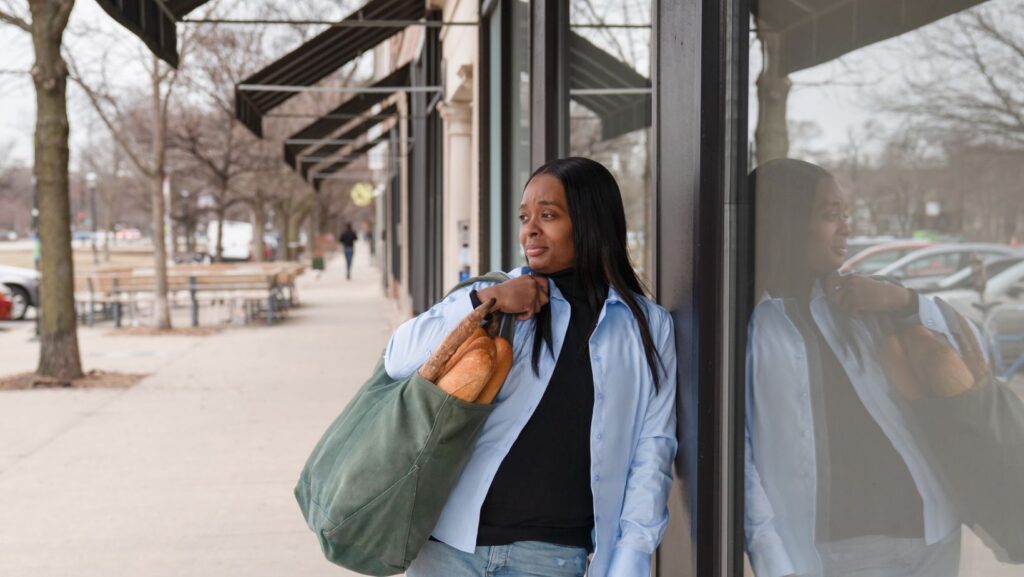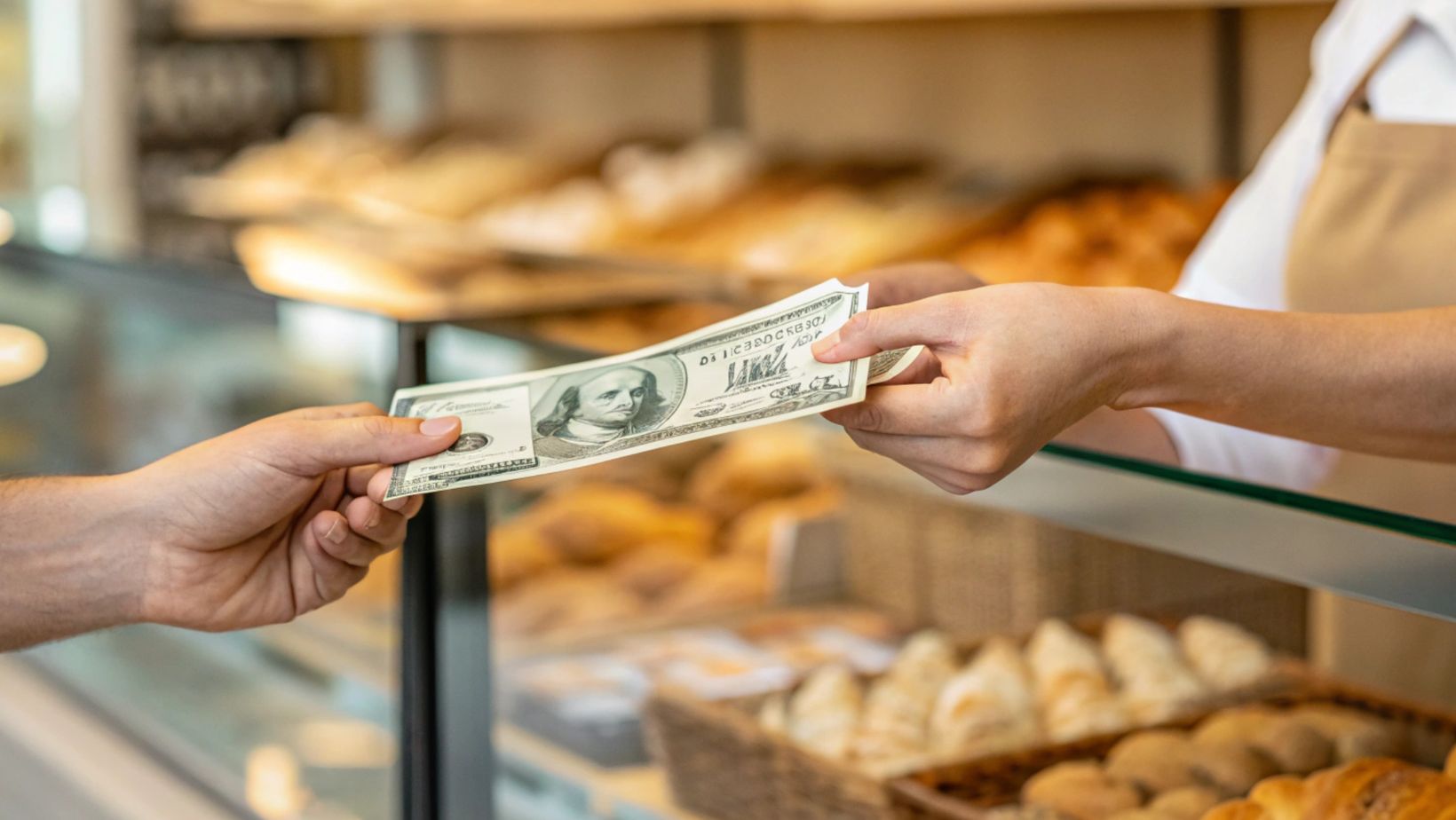Enter any bakery and the aroma of fresh bread will make you forget your diet and instantly and the packaging will last you approximately 500 years. Plastic wrappers, polystyrene trays, laminated cake boxes–they are the villains in a Disney film: glossy, convenient, and quietly planning their world takeover.
However, there is good news here: bakeries across the world are becoming aware that sustainability is not exclusive to the hipster coffee shop with mason jars. It is on baguettes, it is on brownies and yes–even on those suspiciously perfect cronuts. Green living is increasing more rapidly than sourdough in a warm oven and it is making bakeries quiet climate heroes.
Table of Contents
Green Packaging: Beyond an Attractive Box
We shall begin with the obvious–packaging. Now it is no longer sufficient to stuff a croissant into a plastic bag and rest on it. Customers are beginning to request, Hey can I have that in something not that chokes turtles?
Sugarcane pulp (biodegradable) boxes, compostable paper bags, and edible wrappers (yes, edible) have made it to the bakery arsenal. Other stores go further to ask you to carry your own bag, which makes the simple bread mission a green enterprise. Just imagine a time when sourdough will be served to you in a beeswax wrap, not in a squeaky plastic bag. That future is already the present– it is only slightly tinged with honey.
Zero Food Waste: Bread into Feast: Turning Yesterday into Tomorrow
Whether bakeries were hiding something dark, it would not be the quantity of butter in their croissants but food waste. Not sold bread, stale pastries and sometimes the lonely cupcake usually goes to waste. Food waste is a huge contributor of greenhouse gas emissions globally and bakeries are not left behind.
But the tide is turning. Many bakeries are donating surplus to food banks, repurposing old bread into croutons or breadcrumbs, and even selling “imperfect” pastries at a discount. In France, some boulangeries offer surprise bags of day-old goodies through apps that connect eco-conscious customers with unsold stock. It’s like Tinder, but for baguettes.
Recycling and Composting: Crumbs With a Purpose
Then there’s the recycling game. Coffee cups, flour sacks, cake boxes—most of these can go into recycling streams if managed correctly. The trick is teaching both staff and customers that a cappuccino cup with milk foam still clinging to it doesn’t magically turn into high-quality paper. It’s rinse, then recycle.
Composting, too, is finding its place in the bakery world. Coffee grounds, eggshells, and vegetable scraps from sandwich prep can be turned into rich compost instead of landfill waste. Some bakeries even partner with local farmers, closing the loop by helping grow the very grains they’ll later bake into bread. The circle of loaf, if you will.
The Sweet Spot Between Tradition and Innovation
Now, before you imagine bakers standing around in lab coats inventing edible cardboard, let’s be clear: this isn’t about reinventing bread. It’s about rethinking systems. Sustainability in bakeries is a dance between old traditions and new ideas. Grandmother’s sourdough starter can still be alive and bubbling while the bakery wraps its buns in recyclable kraft paper instead of plastic.
And here’s a twist you might not expect: sustainability is also good for business. Customers are increasingly choosing places that align with their values. Just as people compare prices, they now compare ethics. Which bakery composts? Which one donates leftovers? Which one hands out a baguette without the plastic bag guilt trip?
A Small Detour Into Spinando
Speaking of business, some online platforms like Spinando are noticing the same trend in their industry: people care about sustainability, fairness, and responsibility. Just like bakeries reinventing how they package bread, Spinando highlights how digital platforms can reduce waste—only their version is cutting down on inefficiency in online entertainment.
At the end of the day, whether you’re rolling dough or rolling dice online, the message is the same: the future belongs to those who waste less and give back more.
Humor in the Crumbs
Of course, not every eco-effort works out perfectly. A bakery in Denmark once tried edible coffee cups, only to discover that people ate the cup before finishing the coffee. Another bakery experimented with compost bins out front, which quickly became a free buffet for the local raccoon population. Sustainability is messy. But so is baking—ask anyone who’s ever tried making puff pastry from scratch.
The Path Forward: Every Muffin Counts
So where do we go from here? Bakeries that embrace sustainability aren’t just helping the planet; they’re reshaping how communities connect with food. The local bakery becomes more than a pit stop for your morning croissant—it becomes a hub for ethical choices, a place where taste meets conscience.
Imagine a Saturday morning where you pick up a loaf in a compostable bag, grab a discounted bag of day-old pastries, and know that the coffee grounds from your latte will soon feed someone’s tomato garden. That’s the bakery of the future. And honestly, it tastes just as good—maybe even better—because guilt isn’t one of the ingredients.
Final Bite
The concept of sustainability in the bakery businesses is not a hip hop but the bread of the future. Eco-packaging, no food waste, recycling, composting is not merely a buzzword, but the formula of bakers who wish to remain relevant as well as accountable. Since everything goes best with a croissant: the soothing idea of not murdering the planet with each bite may go hand in hand.


